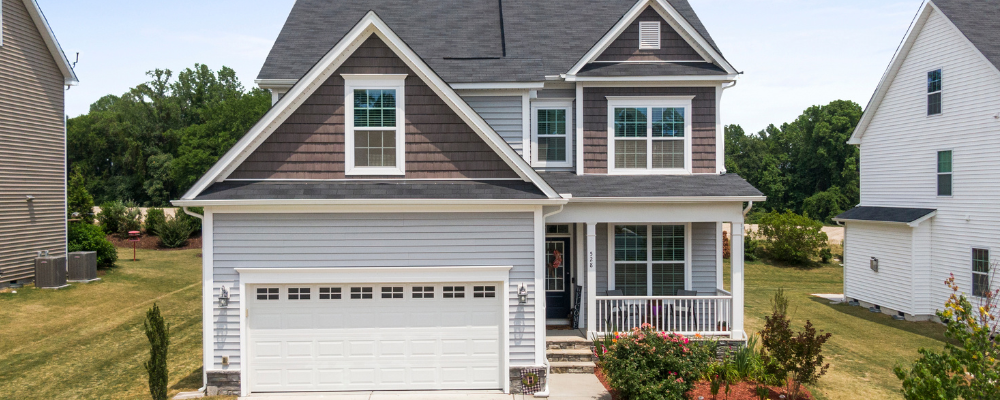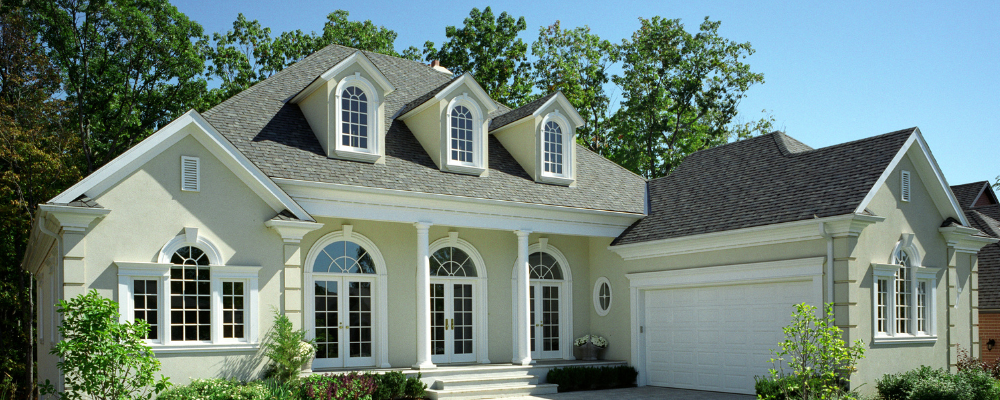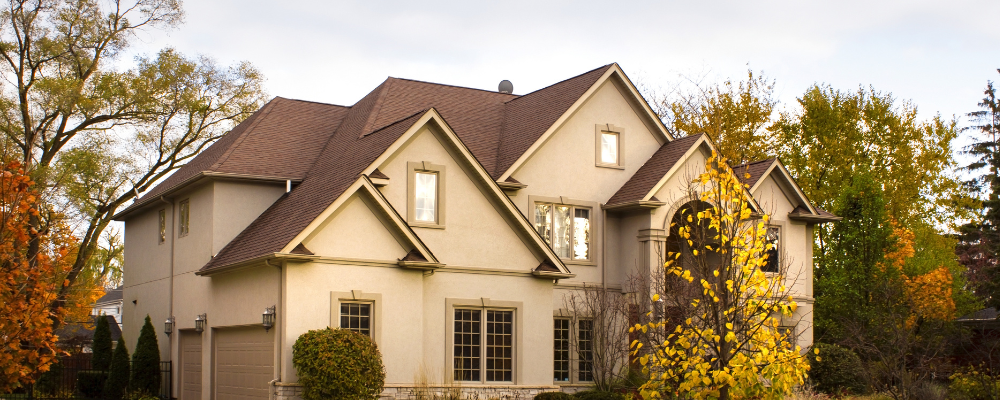The Short Answer
Are you considering selling your house or investment property? Whether it’s to free up some extra funds or move into something bigger and better, selling a property can be a difficult decision to make. With the current real estate market constantly shifting and changing, how do you know when it’s the right time to sell?
Selling now could come with great financial benefits, but what if waiting would allow you to get an even bigger payout? We’ll explore both sides of the coin and provide helpful advice on when is the best time for you to sell your home.
Table of Contents
Are you considering selling your home? It’s an important decision to make, and one that can come with complicated decisions. Selling houses involves a lot of moving parts, from the financial considerations to understanding real estate trends in your local market and more. On top of all this, there are personal factors to consider too.
Knowing when to sell a house is a vital decision that should be carefully considered from all angles. To help with this, we’ll take a closer look at whether you should sell your house now or wait.
Is It A Good Time To Sell A House?

Most real estate professionals would advise that it remains a good time to sell a house. Some people may be wary of selling a house now, based on the recent real estate market cooling, however there are a few reasons why it is still a good time to sell. The factors that would typically indicate a good time to sell are:
- A period of low interest rates and therefore lower mortgage rates.
This means that buying power is higher and more people will be likely to enter the real estate market. Selling a house is therefore quicker and buying another one is cheaper while mortgage rates are lower.
- A seller’s market exists.
When a housing market favors sellers, it means that inventory is low and therefore the demand for housing outstrips the supply. This means that sellers are likely to get their house sold quickly, and they will have more room to negotiate with buyers who will be eager to find a house. A seller’s market is therefore a prime time to sell a house.
- The property has appreciated in value a lot.
Homeowner’s who have seen a huge appreciation in value on their home may want to sell it, to capitalize on the extra value.
- Nearby homes are selling for good prices.
If houses in your neighborhood are selling for prices that you’d be more than happy with, you might want to consider selling. This would indicate a seller’s market in your area, and if it’s a particularly desirable neighborhood, you may be able to charge a premium price for your house.
- You’ve built up a lot of equity in your home.
Once you’ve been paying off your mortgage for years, you’ll build up equity in your home. If the market is right then this is a good time to sell, because you won’t have to use most of the money to pay off the mortgage and can instead use it to purchase another home.
Reasons To Sell Your House Now

If you’re deciding between selling your house now or waiting until next year, here are some compelling reasons that may encourage you to sell now.
Home prices remain high
While the market has been cooling slowly over the course of the year, home prices across the country remain relatively high. If your area has higher home prices, this is a compelling reason to sell your house as it indicates a seller’s market. According to FRED, the median sales price for houses that have sold across the country has remained on the rise this year, hitting $454,900 in Q3 of 2022. This means that sellers are likely to fetch a good price for their homes, even with market uncertainty, and the seller’s market remains.
Inventory shortage remains
Housing inventory reached a record low in January 2022 and is slowly increasing, however it remains on the lower side. The knock-on effects of the pandemic were that construction slowed due to labor shortages and an increase in material prices. Add to this, the fact that buying power has been lower recently and sellers have been hanging onto their properties, and the housing inventory has remained on the lower side. Which means that sellers can take advantage of higher negotiating power and get better prices on their homes.
Interest rates continue to rise
Typically, a period of rising interest rates isn’t ideal for selling a house as it impacts the housing market in a negative way. However, the current situation is a different story. Interest rates continue to rise, so sellers may want to consider selling now, before they go even higher and ice out more buyers from the market. While the higher mortgage rates will lead to more expensive home loans for buyers, it also means that sellers have generated more equity during that period.
Job loss or financial instability
If you’ve lost your job or are going through a period of financial instability, selling your house now may be the best decision. Bear in mind that the sale may take a little longer than you’d expect, but you will more than likely sell, and recoup the money you need to as home prices remain on the higher side. You can then downsize if you need to, or rent something instead.
Reasons To Hold On To Your House For Another Year

If you’re on the fence about selling, however, there are some convincing reasons to wait another year before you list your house.
You need to sell quickly
On average, homes are spending about 25 days on the market and a further 30 to 45 days in the closing period, according to Zillow. For those who need to sell their homes quickly, this may not be the best option, so waiting another year may be a better decision for a quicker sale.
You’re upsizing
If you’re planning on buying a bigger and better home, now is not the best time for that. Home prices are continuing to rise, and while it may not be at the frenetic pace that it has been, prices are still higher. So, for upsizing this will make a big difference to your purchase price. Waiting another year until prices have come down a little could be a better option for buying a bigger house.
You’ve recently refinanced
Those who have refinanced their homes over the last 2 years may want to wait before selling their current home. In fact, selling a home now that you have refinanced recently may mean that you lose money. The closing costs and other fees that are paid during the refinancing process can be costly and these may not be recouped when you sell.
You have no clear plan
If you’re trying to make a profit on your home sale and you have no game plan for after the sale, it may be better to wait another year. Selling your house is a big decision and requires a plan of your next move, if you’re going to make the most of the profit you’ve generated from selling your home.
Interest rates are too high
For those who are looking to make a profit from a home sale and then buy another house using this to help, it may be a good idea to wait another year. While homes are selling for more, interest rates are also higher and there are rising mortgage interest rates too. This means that the profit you make may not take you as far as you thought. It could be in your best interests to wait until the mortgage rates come down a little more.
What Makes A House Appreciate In Value

Home appreciation is the increase in a home’s value over time. The more a home appreciates in value, the higher the profit is that you’ll make on the home sale. As such, it’s important for real estate investors to understand exactly what leads to this appreciation.
- Home repairs and upgrades: Any improvements that have been made to a home can increase its value over time. Things like kitchen remodels and bathrooms remodels are major renovations that can increase a home’s value.
- Location: Appreciation is also impacted by the area where the home is located. The local housing market can result in varying degrees of appreciation, depending on what’s happening in each area. For example, an area that has a lot of development could be attracting more buyers and therefore home values will increase.
- Interest rates: Rising and falling interest rates impact a home’s appreciation, as this impacts mortgage interest rates and buying demand. Lower interest rates lead to lower mortgage interest rates and a higher demand and more buying power, which means that home values can appreciate along with changes in interest rates.
- Supply and demand: A shortage in housing inventory will make home values rise, as discussed above. This is because the demand is outstripping the supply of homes, so homes are harder to find, and sellers can list at higher prices.
What Causes A House To Depreciate In Value

Home depreciation is the exact opposite of appreciation, so this refers to the decline in value of the home. There are various factors that can lead to this depreciation, which are important to be aware of.
- Lack of maintenance: A home that hasn’t been maintained will need repairs eventually and the value will decrease. The longer a home is left without maintenance or upkeep, the more it will degrade, and the value will decline. Structural problems, sewage problems and water damage are just a few of the biggest factors that contribute to depreciation of a home.
- Foreclosures in the area: If there are any houses nearby going into foreclosure, this can impact a home’s value and bring down by as much as 1%, according to the Federal Reserve Bank of Atlanta. Foreclosures in the near vicinity can put buyers off and make it harder to sell homes in an area. This impacts the demand in the housing market which lowers the value of houses.
- Bad or neglected landscaping: The outside area of your home is the first thing buyers will see. If the landscaping has been neglected or done badly, this can be off putting for buyers and therefore lower the home’s value. Things like dead trees, overgrown yards and too many bugs will impact the curb appeal and in turn the value of a home.
- Change in surrounding location: Any changes in a location that make it less desirable will impact home values as there will be a lower demand for houses in the area. For example, noise pollution or safety issues will not attract people to an area and will therefore lower the value of homes in that area as demand declines.
- Poor construction or renovation: Homes that have been poorly constructed, or have undergone renovations that aren’t up to scratch, will lose value. When they are appraised, these issues will come to the forefront and reduce the value of a house quickly. Each issue that needs to be fixed is essentially an extra expense for the buyer and therefore a deduction that they will be making from the price of the home.
Tips To Sell Your Home In Today's Real Estate Market
Selling your home or investment property in today’s highly competitive real estate market can be a challenging prospect. When potential buyers have so many options, it can be difficult to stand out. But with the right approach, you can attract the right buyers and sell your property quickly, even if you choose not to use a real estate agent.
Investing some time in home staging and cleaning can make an incredible difference – a few simple steps like decluttering rooms and freshening up wall colors will help buyers visualize themselves living in the house. Removing personal objects from the house and making it a more neutral space will also help buyers with this visualization.
Additionally, it’s important to research local market listings to ensure that the price you’re asking for is on par with other similar houses in the area. This ensures that you won’t needlessly lose out on profits from an overpriced listing. Do a comparison of 5 homes in your area that have sold in the last 3 to 6 months, and make sure that they have the same number of bedrooms and bathrooms, are a similar age and have similar features to your home.
Finally, don’t be discouraged if marketing goes slowly at first, whether you’re using a real estate agent or not. Using digital channels like social media can help broaden your reach by getting your listing seen by more people than traditional methods alone. Stay patient and you’ll reap the rewards eventually.



